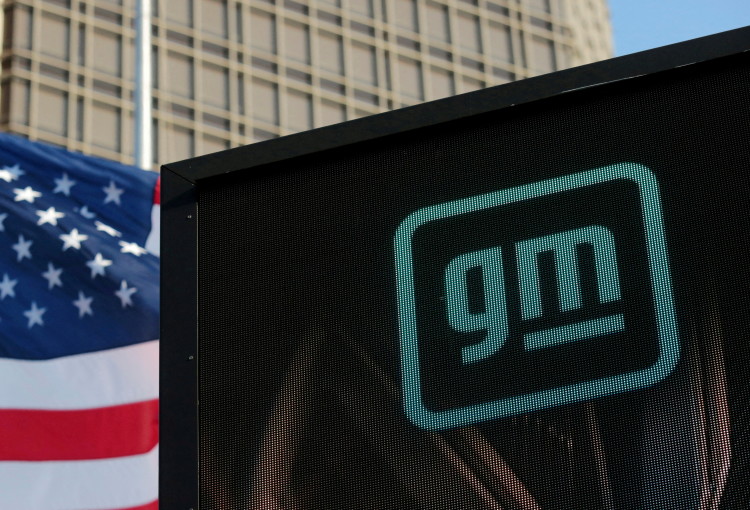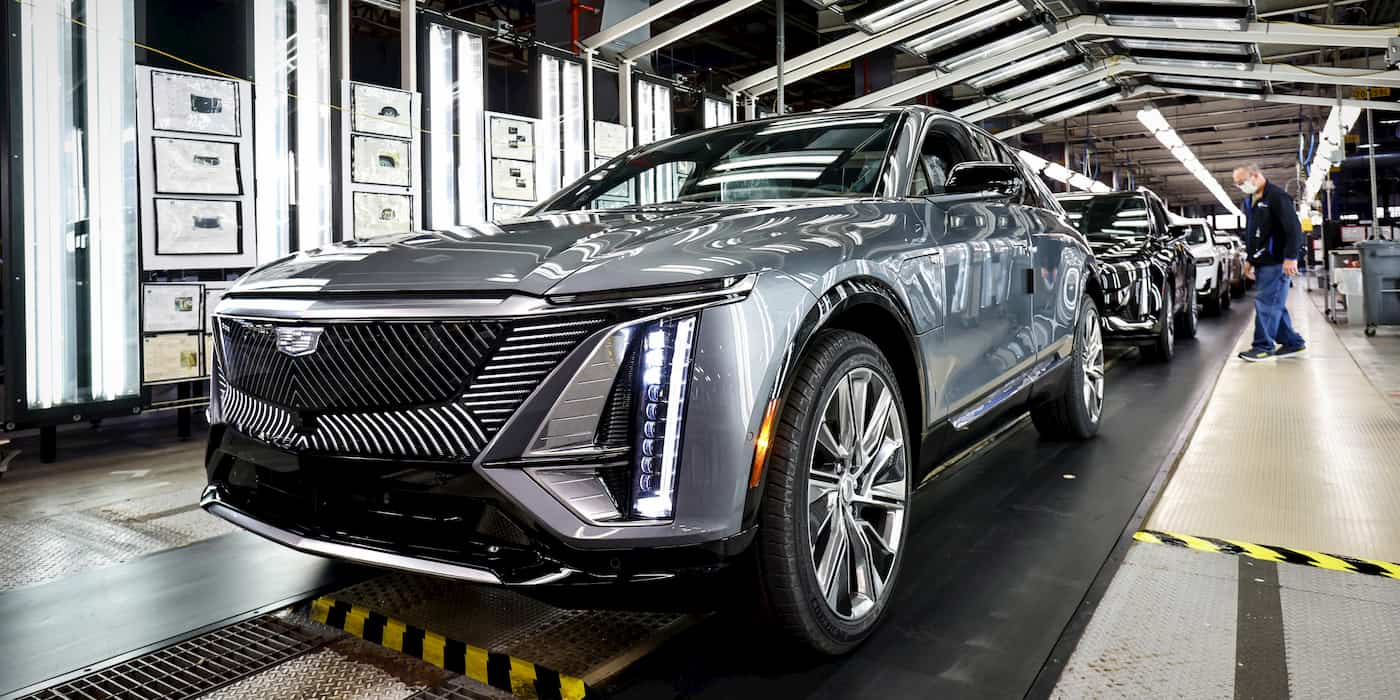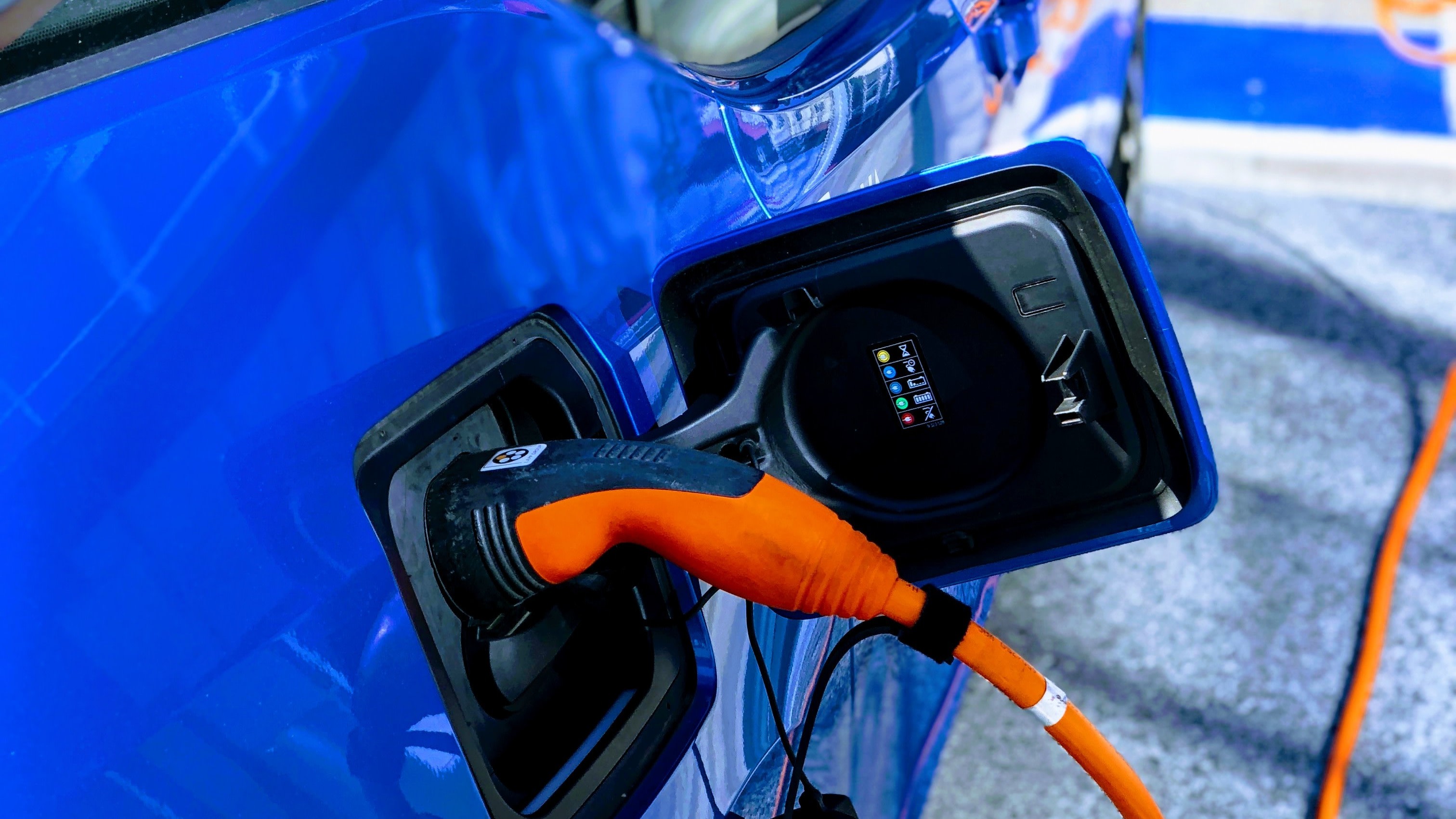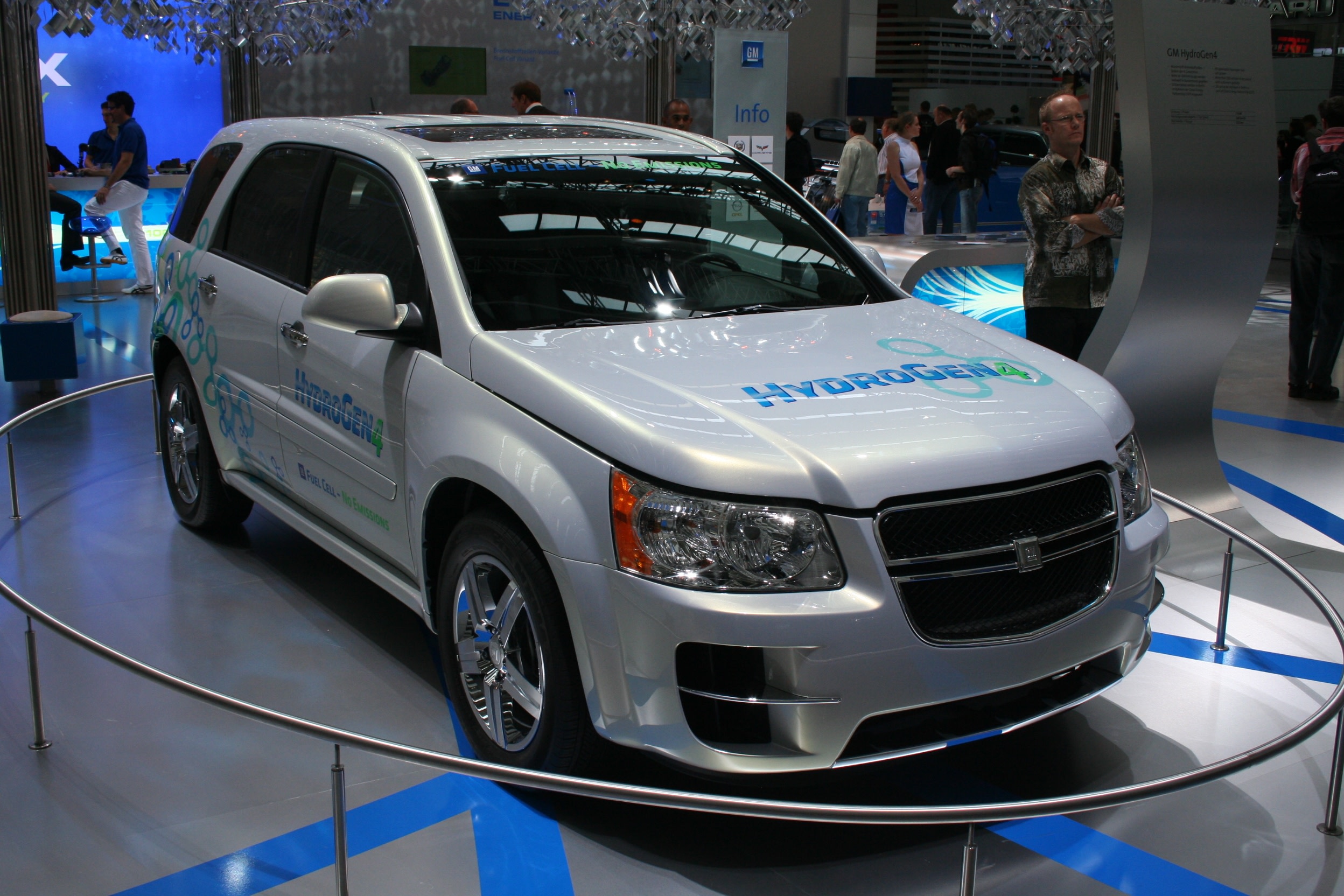GM, Ford Await Approval for Steering-Less Self-Driving Cars
General Motors Co

General Motors and Ford Motor have requested permission from the US auto safety regulator to deploy a limited number of self-driving vehicles that lack human controls, such as steering wheels and brake pedals.
The National Highway Traffic Safety Administration (NHTSA) released the separate petitions recently and made them available for public comment for 30 days.
NHTSA has the authority to authorise applications to allow a restricted number of vehicles to run on US roads without human supervision.
Both automakers intend to deploy up to 2,500 vehicles per year for ride-sharing and delivery services, the maximum allowed by law. Neither seeks customer clearance to sell self-driving cars.
GM and its self-driving technology company, Cruise, said in February that they had petitioned the NHTSA for approval to deploy self-driving vehicles without steering wheels, mirrors, turn signals, or windshield wipers.
Ford's appeal, which was submitted in July 2021, was previously unknown until the NHTSA published it on Wednesday.
Ford has stated that it plans to launch a self-driving ride-hailing and package-delivery car early this decade. According to the company, "having active driving controls and communications in self-driving vehicles would create an unacceptable safety risk."
GM intends to use the Origin, a vehicle with subway-style doors but no steering wheels. According to GM, all passengers will be required to fasten their seatbelts before the start of their autonomous voyage.
In 2018, GM petitioned the NHTSA to allow a car based on the Chevrolet Bolt to be driven on US roads without steering wheels or brake pedals. GM withdrew the petition in late 2020.
GM stated on Wednesday that it is continuing to cooperate with the NHTSA "as their review continues" and is "excited to see the fully autonomous Cruise Origin on the road in the coming years."
Ford intends to use self-driving hybrid-electric vehicles that are "particularly engineered and adapted to enable mobility services such as ride-sharing, trip hailing, and package delivery."
A Ford spokesperson said the "petition is an important step toward helping create a regulatory path that allows autonomous technologies to mature over time, eliminating controls and displays that are only useful to human drivers".
NHTSA Administrator Steven Cliff said the agency "will carefully examine each petition to ensure safety is prioritised and to include considerations of access for people with disabilities, equity and the environment”.
Source: Reuters






